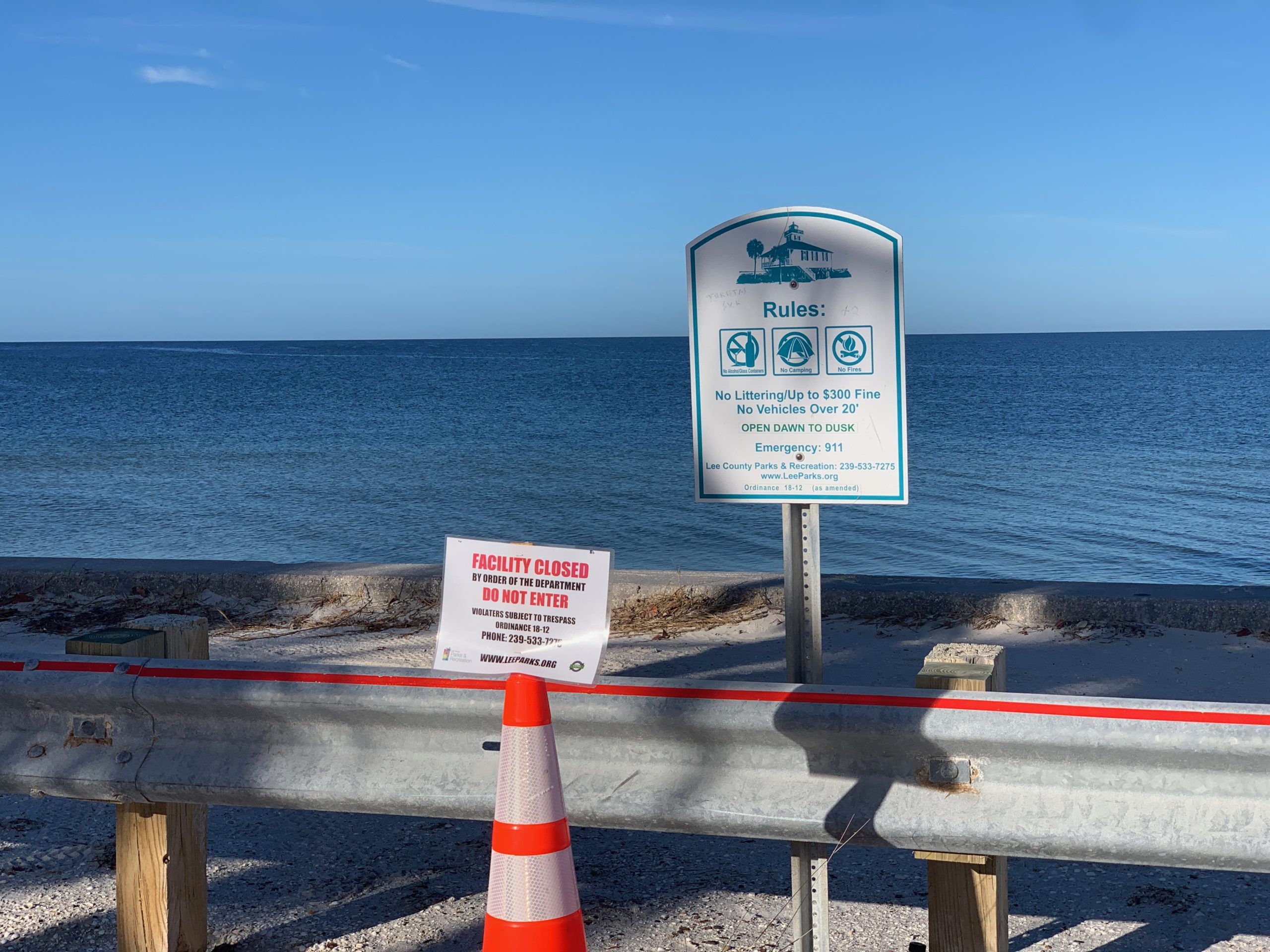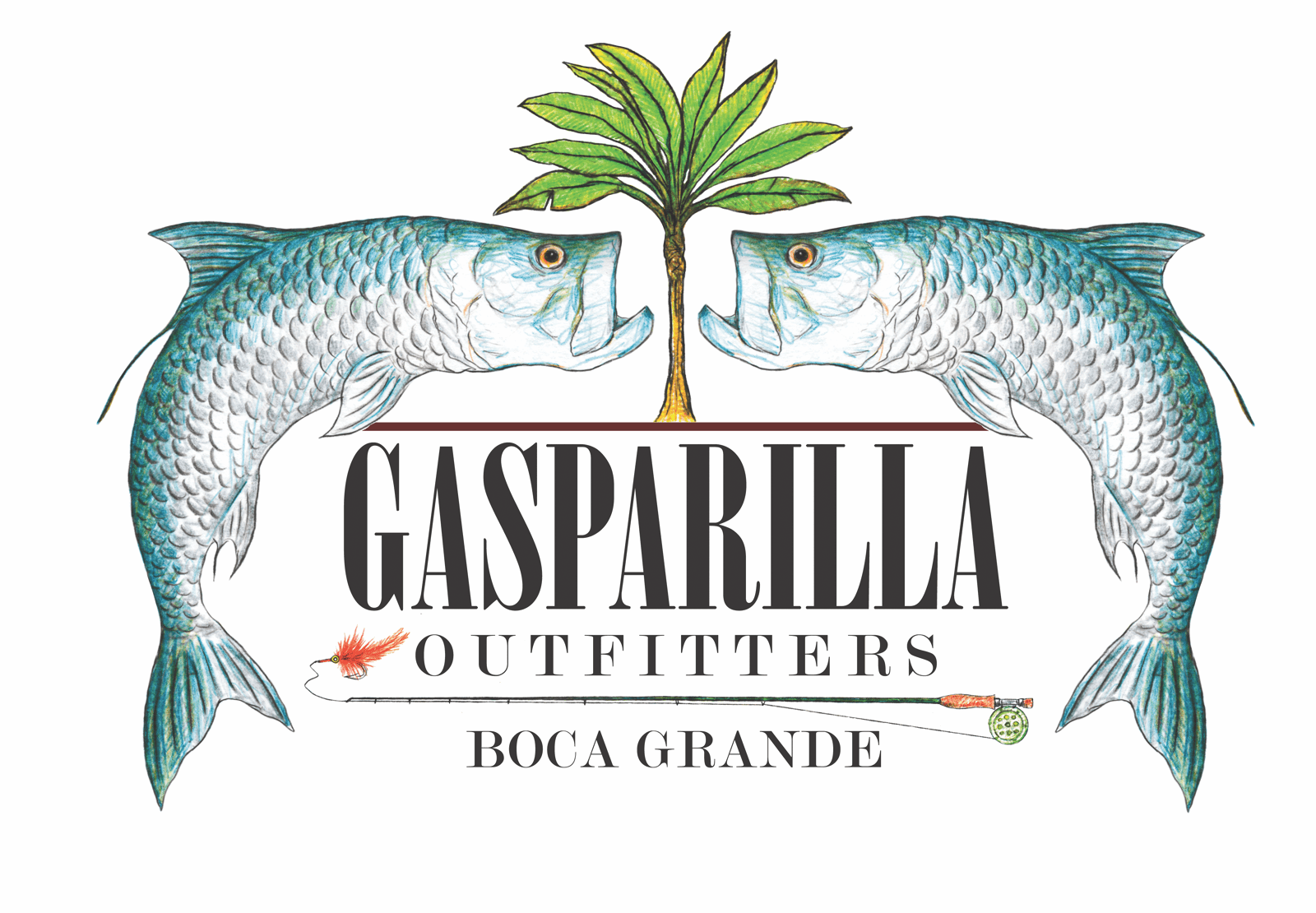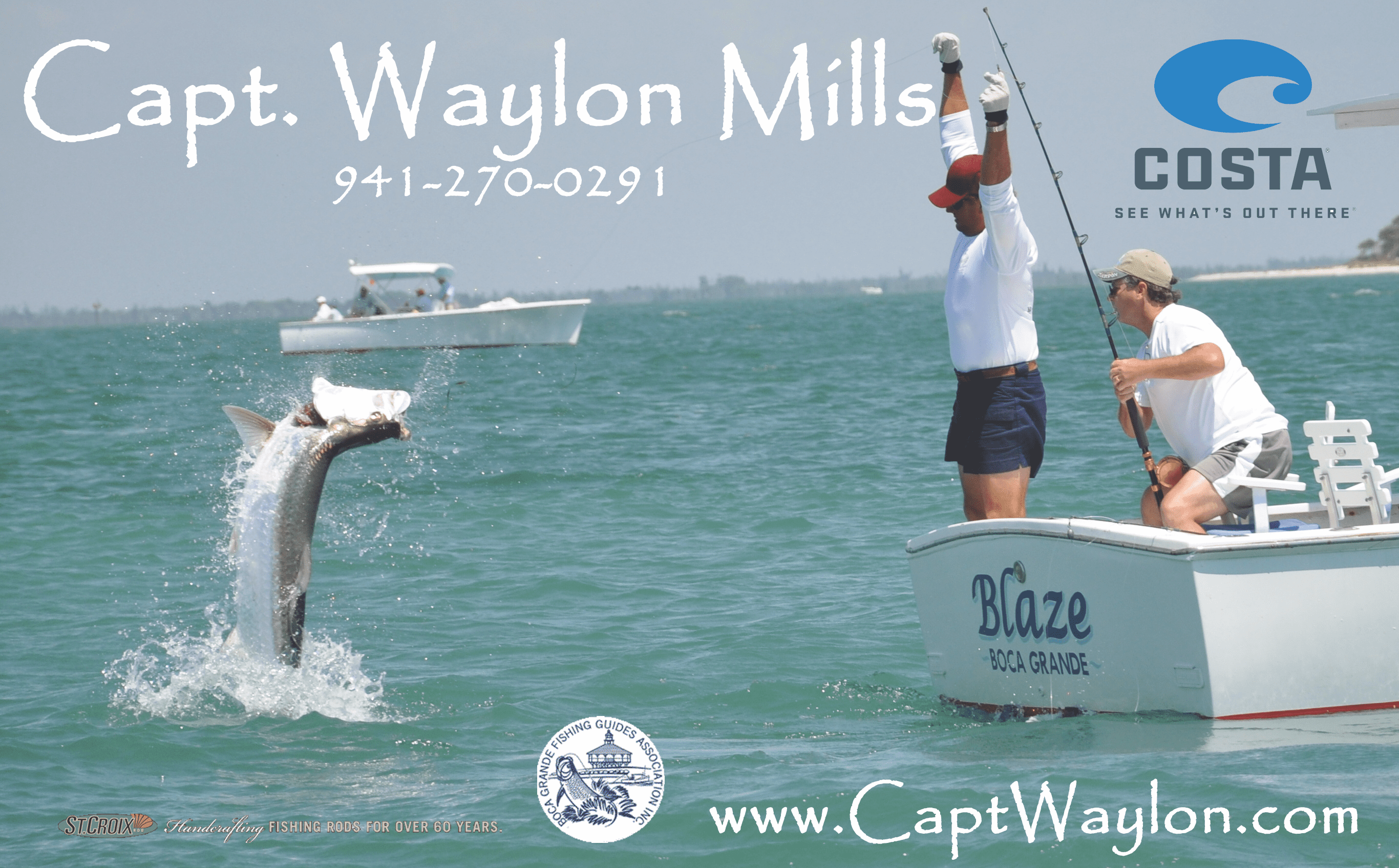Hidden dangers in the water could affect swimmers and boaters – let logic prevail

As many of you know, Cayo Costa State Park is where Hurricane Ian made its initial landfall. The damage to the park was catastrophic. Along with so many in our local community, several of the park staff lost their homes, vehicles, and personal belongings. At this time the park is still assessing the full extent of the damages to determine what is repairable and what is not.
The only facilities that appear intact – or in seemingly repairable condition – are the ranger station, gift shop, bayside restroom and main gulfside restroom.
To say we’ve had a lot going on is an understatement. We may not be as bad off as our neighbors in storm surge areas like Fort Myers Beach, Sanibel and Matlacha, but we have a few problems of our own that will take quite a long time to deal with. Hurricane Ian hit us hard, with the eye making landfall around Cayo Costa and Bokeelia. We were lucky enough to be on the dryer side of the eye (had it made landfall where they originally thought it would, we would probably not be putting it out a newspaper.
Right now we have several water-related concerns. We have leakage and runoff in our water from excessive rain washing everything from gasoline and diesel fuel to excess pesticides, treated lumber, sewage and more.
The Florida Fish and Wildlife Conservation Commission is monitoring Southwest Florida, since Karenia brevis, also known as red tide, was detected in multiple samples in Manatee, Sarasota, Charlotte, and Lee counties earlier this week. They rescinded the Sarasota warning, but have yet to rescind ours.
We also have had a rise in the bacteria that is known as Vibrio vulnificus. It is also known as “flesh-eating” bacteria. When the water is warm and as dirty as it is right now, it is a very bad idea to swim or even wade in it. While it seems to be clearing up a bit, if you have autoimmune issues, diabetes, etc., and particularly if you have open wounds, do not go in the water.
If you feel the need to splash the boat and take a ride, keep in mind that there is still a lot of debris floating around, much of it just under the surface. On our Facebook page a person from Useppa Island said there “literally roofs” floating just out of sight in our local waters, as well as massive amounts of debris that can do anything from clogging up a prop to flipping a boat if it is hit fast enough.
If you are out and about on the water and see any types of debris like this, contact your local sheriff’s office or the FWC.
There are also a lot of misplaced boats about – some stuck in bushes or on sandbars, some half-sunk. The FWC has sent extra personnel to look for displaced vessels in state waters. If a displaced vessel is insured, vessel owners should work with their insurance company to safely recover, remove, and if necessary, arrange for the disposal and destruction of the vessel. Vessel owners should hire a salvage company to recover their boat if they want to keep it, or someone else will get it. If a boat owner doesn’t want the boat anymore the FWC can help with that as well. Call the Hurricane Ian Vessel Hotline at (850) 488-5600 and they will help you.
Go to MyFWC.com/boating and click on “Best Practices for Removal of Vessels Hurricane Ian.”








